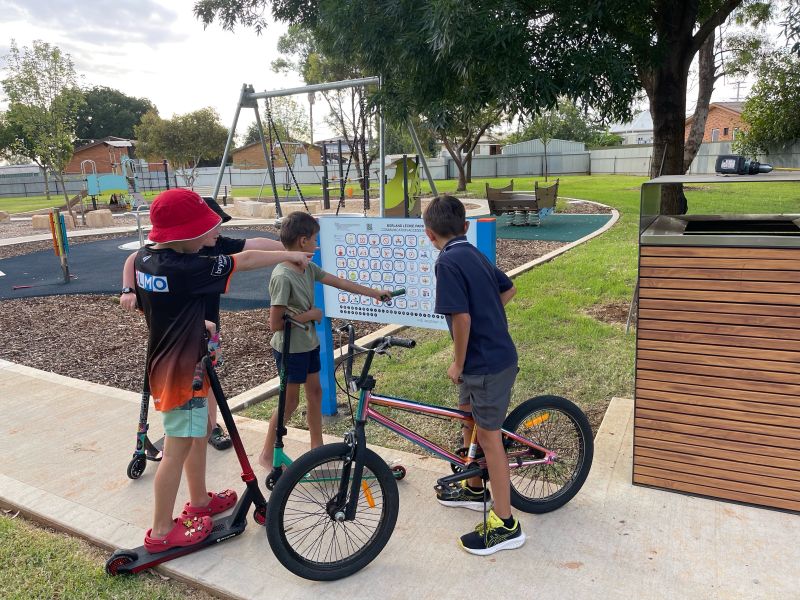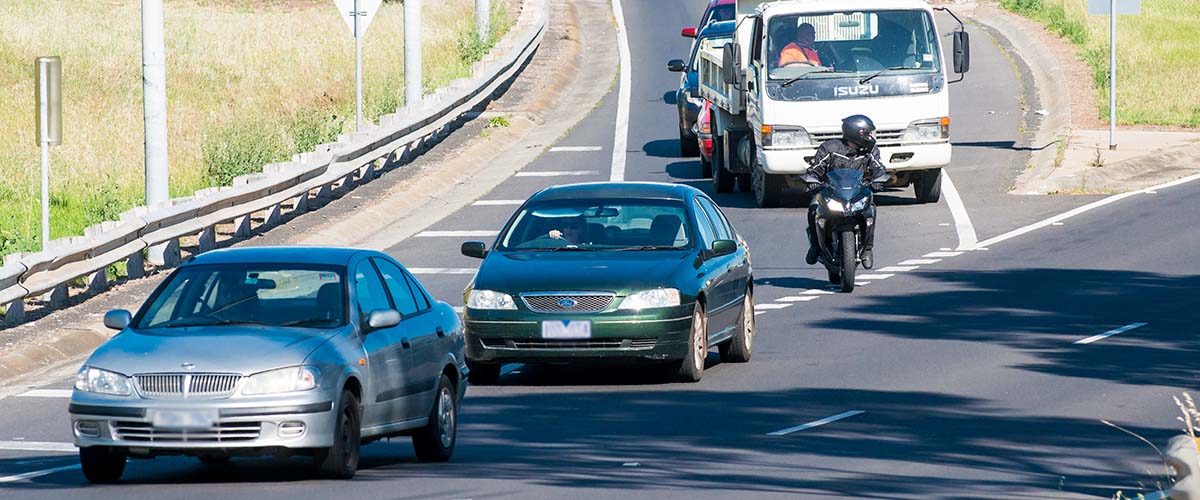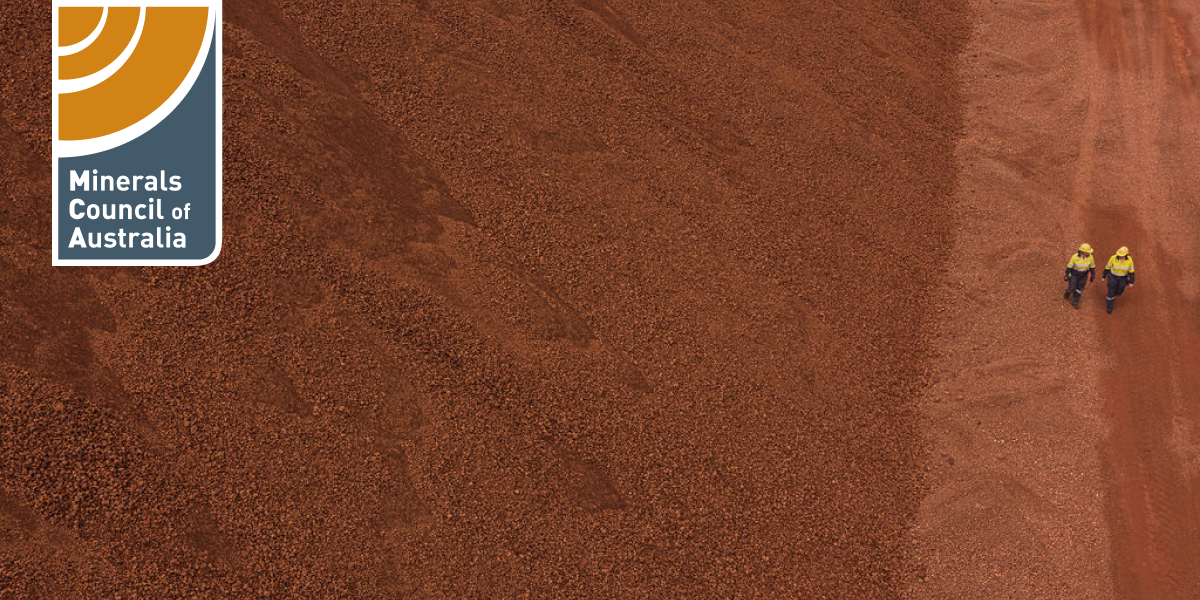The Collective Service is a partnership between the International Federation of Red Cross and Red Crescent Societies (IFRC), the United Nations Children’s Fund (UNICEF) and WHO, which leverages active support from the Global Outbreak Alert and Response Network (GOARN) and key stakeholders from the public health and humanitarian sectors.
Partially supported by the Pandemic Influenza Preparedness (PIP) Framework Partnership Contribution, the Collective Service delivers the structures and mechanisms required for a coordinated, community-led and data-driven approach to building RCCE preparedness for the next influenza pandemic and other emergencies.
The tools, checklists and technical support made available through the service have already been used to, for example:
- Increase vaccine acceptance in remote communities in India;
- Integrate epidemiological, behavioural and social science data in the Ebola response in eastern Democratic Republic of the Congo; and
- Establish a community feedback mechanism in the Bahamas following Hurricane Dorian.
In focus: tackling the COVID-19 infodemic in East and Southern Africa
In East and Southern Africa, the Collective Service has worked with core partners since May 2021 to collaboratively review and analyse social listening and community feedback data in support of infodemic management. In particular, the service supports the delivery of three regular reports: WHO/Africa Infodemic Response Alliance (AIRA) COVID-19 Infodemic reports, UNICEF Social Listening reports, and IFRC/WHO Community Feedback reports.
The WHO/AIRA reports are issued monthly and highlight key trends across the region and in countries from both digital and offline conversations, including those around vaccine safety and efficacy, and the origins of SARS-CoV-2. The first three reports included 70 recommendations for RCCE practitioners, including government partners, to consider as they design and rollout RCCE activities.
The IFRC/WHO Community Feedback reports are also issued once a month. They contain analyses of data received from RCCE partners and government stakeholders across the region; and their findings are routinely discussed at national RCCE technical working group meetings, and used to inform the design of RCCE activities.
The insights and recommendations from the social listening and community feedback activities facilitated by the Collective Service are also used to develop high quality content for Viral Facts Africa (VFA), the public-facing website of AIRA. The focus is on content that simplifies technical knowledge about COVID-19, amplifies proven facts and debunks dangerous misinformation.
In every WHO region, the partnership behind the Collective Service has already had an impact on the COVID-19 response, with a wealth of collateral benefits for any future influenza pandemic.








